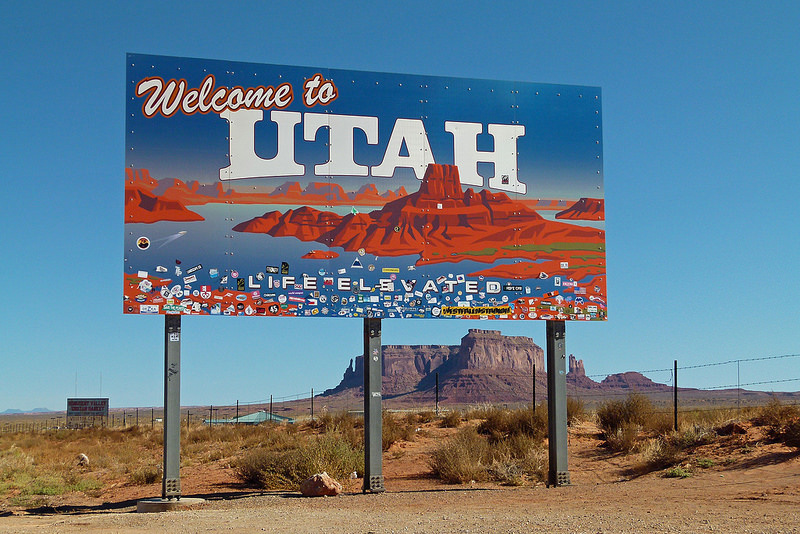| A collective shudder came over the state earlier this week when the Deseret News reported on a recent secret meeting between Native American tribal leaders and top federal officials. There was good reason for that. The fear among many (and the hope of others) is that President Obama, who already has created 19 monuments, six this year alone, is on the verge of designating another large one in the Bears Ears areas of San Juan County. Many of us are old enough to |
| | remember when President Clinton designated the Grand Staircase Escalante monument to shore up his re-election bid in 1996, and the divisiveness that ensued. Democracies aren’t supposed to use secret meetings as precursors to huge decisions that affect a lot of people. Public hearings work a lot better. But in 1906, Teddy Roosevelt got Congress to pass the Antiquities Act, which gives presidents unfettered power to create monuments without congressional approval if those monuments would protect antiquities that were in imminent danger, and if they would cover the smallest area possible. Two things happen when you give presidents this sort of power. The first is that they eventually stretch the rules to create monuments that help themselves politically. The second is that a delicate balance among competing interests is upset. Cooperation melts away, replaced soon by political name-calling and scare tactics. Pretty soon all we hear is that Republicans want to drill through ancient artifacts and Democrats and environmentalists want to starve people who rely on the land for their livelihood. Absolute power breeds contempt. Cooperation breeds solutions that give everyone at least a little, and that induces people to lay down their weapons. Utah congressman Rob Bishop knows all about this. He has been leading an effort, known as the Public Lands Initiative, to bring all interested parties together and intelligently solve matters involving sensitive land in eight Utah counties, including San Juan, home to Bears Ears. “We’re closer now to a deal than ever before,” he told me by phone. “I think we’re doing it the right way.” The Bears Ears aren’t in Bishop’s district, but he is passionate about his lands initiative. He has contacted the administration to let it know a monument designation now “would be a way of killing” that effort. And while we’re on the subject of killing things, he also makes no secret of his desire to see the Antiquities Act disappear. “There is no more need for it,” he said. “It was passed in an era when there were no other environmental protection rules. All those issues (people are concerned about) are covered somewhere in the 80 environmental laws passed in the last 40 years.” He’s also tired of the assumption that Congress is incapable of passing any sort of law protecting sensitive lands. He points to a bill the House passed last week that would create hundreds of thousands of acres of wilderness in the Boulder-White Clouds and Jerry Peak areas of Idaho, the product of an effort similar to Utah’s lands initiative. The vote led the Idaho Statesman in Boise to marvel, “A Republican dominated chamber allowing for the creation of wilderness? Somewhat stunning.” The Senate has yet to consider the bill, but Bishop said the process is better than the “stupid decisions” that end up being made when the Antiquities Act comes into play. For instance, the Grand Staircase Escalante Monument tied up acres of trust lands that had been set aside to help fund Utah’s public schools. State and federal officials had to then work to swap those lands for federal land elsewhere. An orderly, thought-out process would have taken care of those sorts of details ahead of time. Bishop doesn’t believe the administration is seriously considering a Bears Ears monument. He believes officials understand “it would screw up everything we’re trying to do.” It also would be a cynical statement about self-government. Americans are not like ISIS, waiting anxiously with bulldozers hoping for a chance to turn ancient cliff dwellings into rubble. Any agreement that didn’t protect important artifacts wouldn’t survive the political process, anyway. An agreement that satisfies competing interests is always better than a blanket decision from Washington. At least, it cures the shudders. |


 RSS Feed
RSS Feed

